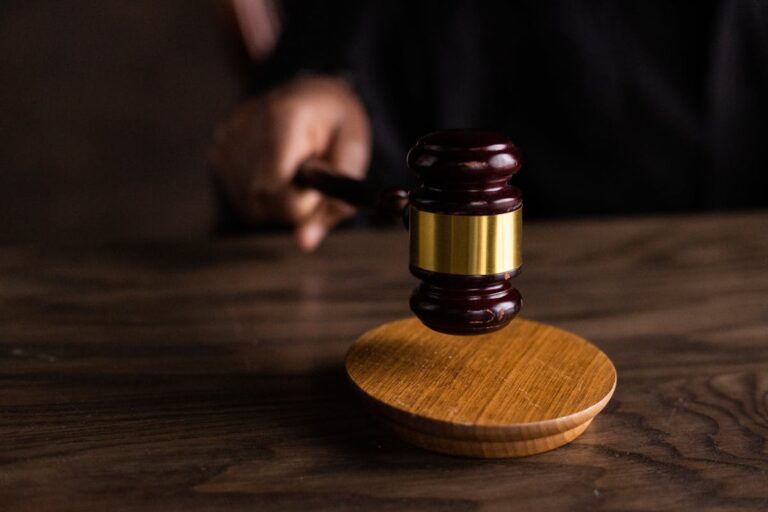Small claims courts play a vital role in the Brazilian legal system, offering an accessible and efficient avenue for resolving disputes involving smaller amounts of money. Whether you’re a foreigner residing in Brazil or conducting business in the country, understanding the function and procedures of small claims courts can be invaluable.
What Are Small Claims Courts?
Small claims courts, known as “Juizados Especiais” in Brazil, are specialized judicial bodies designed to handle low-value civil disputes quickly and inexpensively. These courts offer a simplified process, relaxed rules of evidence, and typically do not require legal representation (only applicable for claims involving amounts up to 20 times the minimum wage), making them accessible to individuals and small businesses seeking to resolve disputes without the need for lengthy and costly litigation.
Key Features of Small Claims Courts
1. Monetary Limit:
Small claims courts in Brazil typically handle disputes involving smaller amounts of money, with monetary limits varying from state to federal courts – 40 times the minimum wage for claims filled in the State Courts; and 60 times de minimum wage for claims filled in the Federal Courts. These limits are designed to ensure that disputes of modest value are resolved efficiently and effectively.
As we have already mentioned above, it’s important to clarify that self-represented litigants, however, are limited to claims valued at half that amount. Anything above 20 times the minimum wage requires representation by a lawyer.
2. Informal Proceedings:
Proceedings in small claims courts are relatively “informal” compared to traditional court proceedings. In some cases parties may represent themselves, and formal legal procedures, such as extensive documentation or witness testimony, are often simplified or waived.
3. Expedited Process:
Small claims courts prioritize efficiency and timely resolution of disputes. Cases are typically heard and decided quickly, with judges issuing judgments based on the evidence presented during the hearing.
4. Mediation and Conciliation:
Before proceeding to trial, parties may be encouraged to attempt mediation or conciliation to resolve their dispute amicably. Mediation sessions are facilitated by trained mediators who help parties explore mutually acceptable solutions.
5. Matters/Cases that can be brought in small claims courts:
The most common are small civil matters, consumer disputes, car accidents, landlord-tenant disagreements and/or debt collections. Labour law matters, as well as family law, estate law, and bankruptcy cases, can’t be heard in small claims court – and must be direct to the regular civil (or labour) court.
Navigating Small Claims Court Proceedings
-
Filing a Claim:
The process begins with filing a claim, known as a “petição inicial,” at the small claims court corresponding to the jurisdiction where the dispute arose – and can be made in person or online. The claim should include a concise statement of the facts, the amount in dispute, and the relief sought.
-
Hearing:
After the claim is filed, the court will schedule a hearing where both parties will have the opportunity to present their case. Parties may present evidence, call witnesses if necessary, and make arguments in support of their positions.
-
Judgment and Appeal:
Following the hearing, the judge will issue a judgment based on the evidence presented and applicable law. The judgment may include an order for payment of damages, restitution, or other remedies deemed appropriate. In the other hand, if the case is dismissed, the party may appeal the decision to higher courts.
Conclusion
Small claims courts provide a valuable resource for resolving low-value civil disputes in Brazil quickly and affordably. Whether you’re a foreigner residing in Brazil or conducting business in the country, understanding the function and procedures of small claims courts is essential. At [Your Law Firm], we specialize in providing legal services for foreigners, including guidance on navigating small claims court proceedings. Contact us today to learn more about how we can assist you in resolving your dispute efficiently and effectively.



